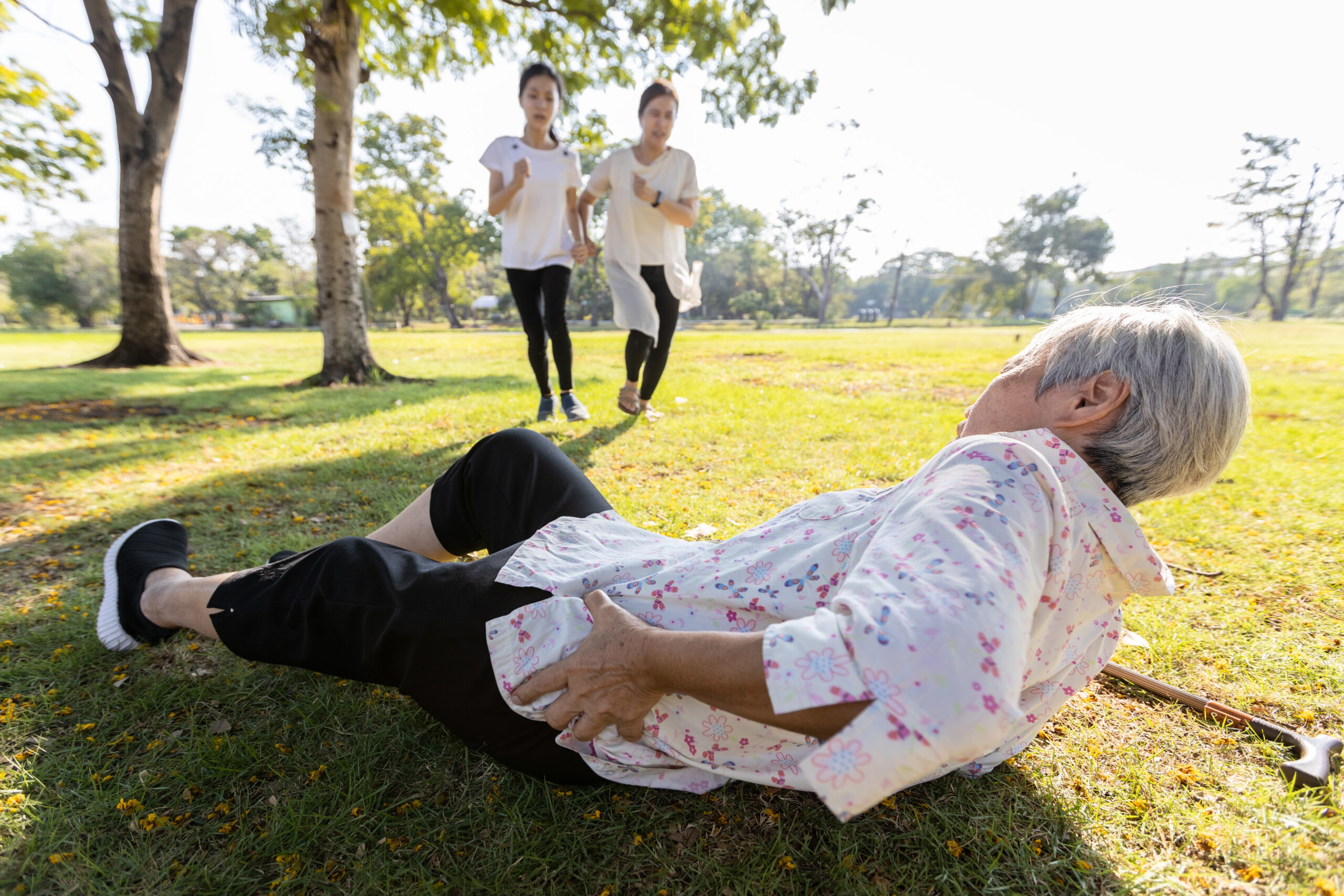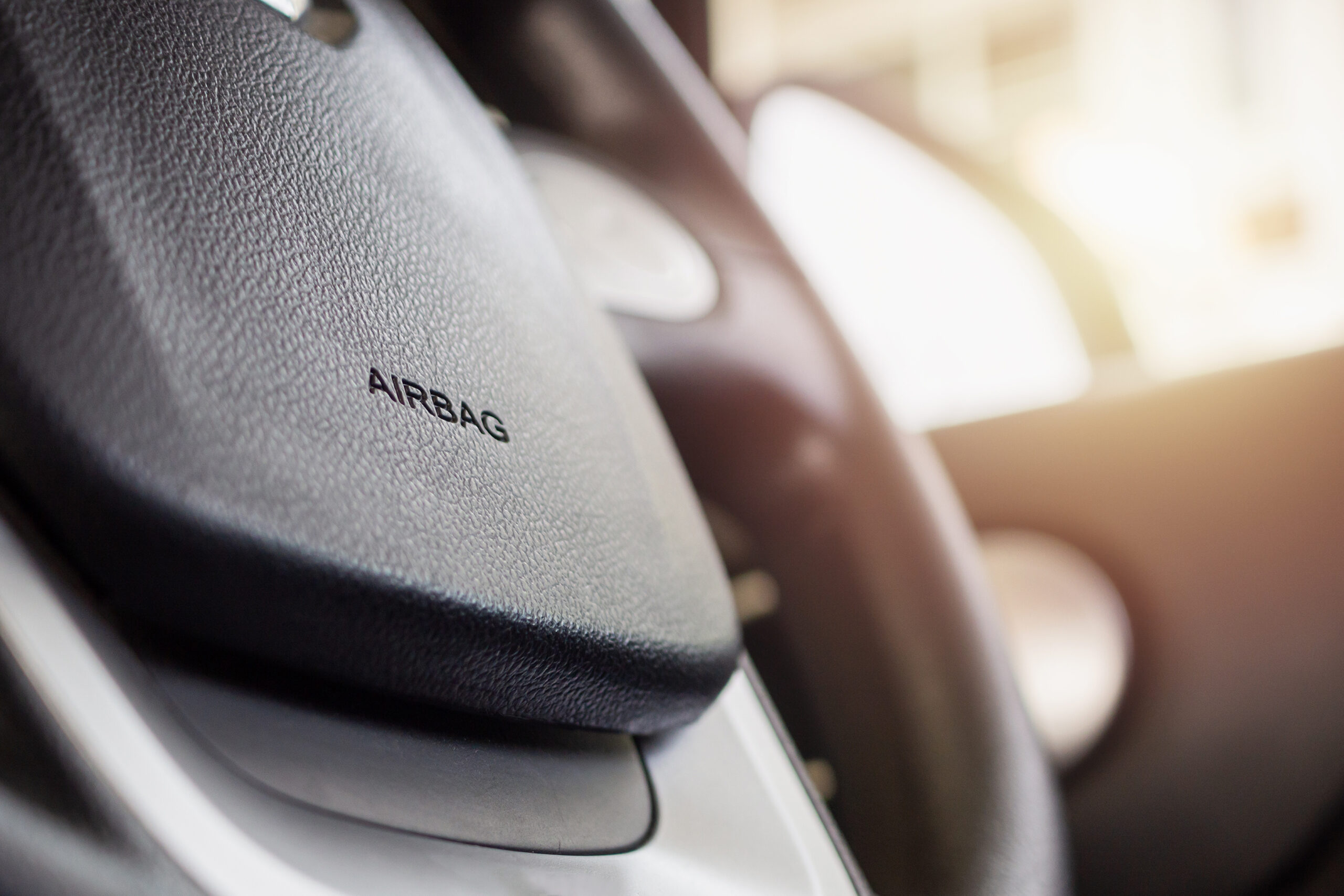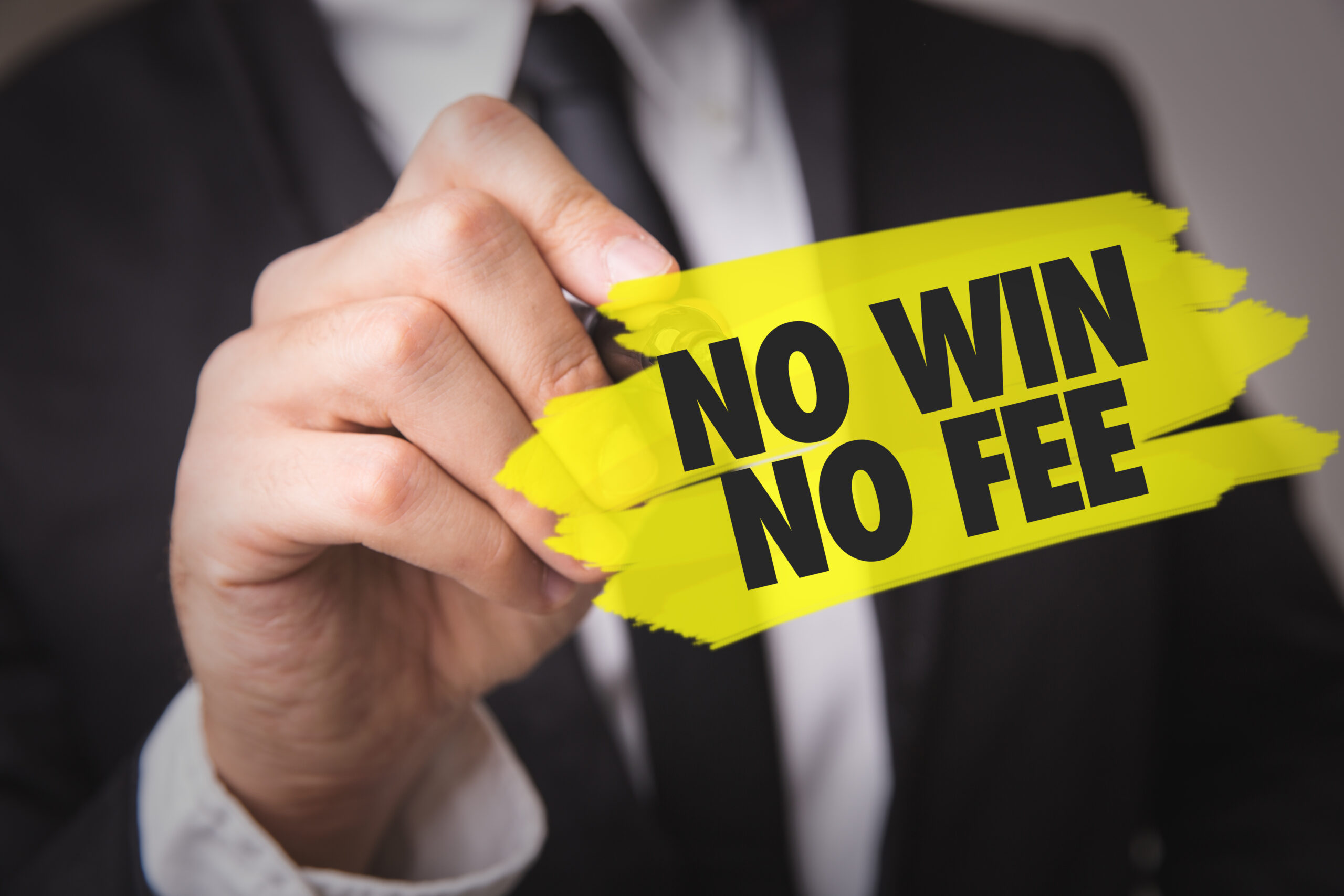Gathering the evidence needed for a personal injury claim is crucial in getting the best results from your case. You need as much detailed evidence as possible to prove liability and understand what damages you are owed. Types of evidence may include personal and witness accounts of the accident, photos, videos, incident reports, physical evidence, clothing, medical records and bills, and more.
When you’ve suffered a personal injury, gathering the evidence you need to file a claim can be a tall task. Memories fade, and the general chaos that ensues may make it difficult to get the information you need.
Farah & Farah’s personal injury lawyers are here to help. We understand how to gather the personal injury evidence needed to strengthen your case. We’ve recovered millions of dollars in compensation for our clients, and we can help you get the justice you deserve. Call us now at 844-725-0832 for a free, no-obligation case review.
Personal Injury Evidence To Collect After an Accident
The evidence needed for filing personal injury claims can feel extensive and overwhelming. The top items to collect are testimonials, documentation, physical, and demonstrative evidence, as detailed below.
Testimonial Evidence
Testimonial evidence is one of the most common forms of legal evidence. Whoever gives the testimonial must swear an oath under penalty of perjury, so it is a valuable form of firsthand documentation. Testimonial evidence includes:
Witness Statements
There must also be proof that the other party breached the duty of care. Just because an accident occurred does not mean the duty of care was breached. For example, there needs to be clear evidence that a traffic law was broken or that a property owner failed to do safety checks around their property.
Personal Narrative/Victim Statement
After the accident, write down anything you remember as soon as possible. Be very detailed because this helps your lawyer understand the circumstances of the injury and the accident. This can also help you recall details at a later date, in case your memories fade.
Documentary Evidence
Documentary evidence is any type of document or record used for evidence. This type of evidence can include:
Photographs & Videos
Taking photos and videos is one of the most powerful forms of documentary evidence. Here is a guideline of what photos/videos you should take:
- Take lots of photos from the accident scene
- Take photos of your injuries
- Return to the scene later that day to document any changes
- Take pictures of your injuries every day during the healing process
Police Reports
Not every personal injury accident will have a police officer at the scene, but a police report can serve as decent evidence. Even if you only suffered a minor injury, you should contact the police to file a report at the scene. While police reports are usually inadmissible in court, they can be a helpful asset for settlements.
Medical Bills & Records
Medical bills and records document your injuries, diagnoses, lab results, and costs for care. They can help prove the extent and timeline of your injuries, which will affect what your case is worth.
Real/Physical Evidence
Real evidence, also known as physical evidence, is a physical object directly connected to the accident. This could include objects like torn or bloody clothing, DNA, damaged property, and more.
Demonstrative Evidence
Demonstrative evidence is a form of visual evidence that utilizes diagrams and charts to convey the accident. For example, this could include diagrams of an accident scene or tables that demonstrate financial damages. However, this evidence is only admissible in court if it can depict a witness’s statement correctly.
We Can Collect Personal Injury Evidence for Your Case
With so much to worry about after your accident, it can be hard to gather all the evidence you need by yourself. We’re here to help! After all, without proper or adequate personal injury evidence, the chances of receiving the settlement you deserve are dramatically reduced.
The attorneys at Farah & Farah are experts in uncovering the evidence needed for personal injury claims. You can trust our team to collect tangibles, file paperwork, and support you in your time of need. Call us 24/7 at 866-396-2126 for a free, no-obligation case review.













